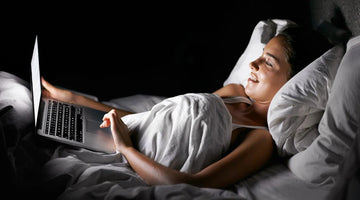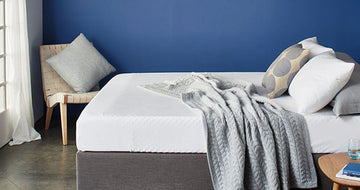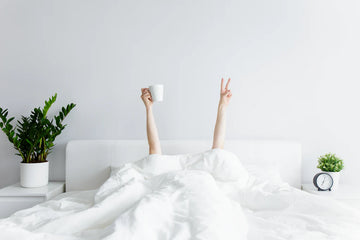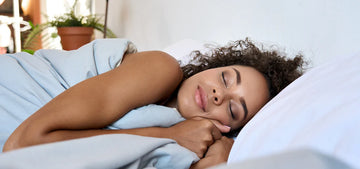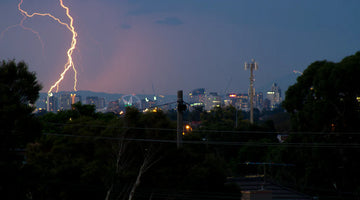In our digitally connected world, evening screen time is often unavoidable, yet it's known to interfere with both the ability to fall asleep and sleep quality. The blue light emitted from screens can suppress melatonin production, prolonging wakefulness beyond your intended bedtime.
- Utilise ‘night mode’ settings on devices, which adjust the screen to emit less blue light.
- Establish a screen-free routine 30-60 minutes before bedtime to help your mind unwind.
- Ensure bedrooms are screen-free zones or set devices to ‘do not disturb’ mode to minimize disruptions.
Understanding the Effects of Extended Screen Time
Extended use of bright screens can delay the body clock, making it challenging to adhere to regular sleep schedules necessary for work or school. According to research, more than 1.5 hours of exposure can hinder melatonin rise, reducing sleepiness and delaying sleep onset.
"Studies have tested the effects of bright tablets (e.g. ipads) and laptop screens for up to 5 hours before bed. It seems that the natural evening rise in melatonin (a hormone that makes us ready for sleep) is not affected by 1 hour of bright screen light, but it is after 1.5 hours. Thus after 1.5 hours of technology use in the evening people report feeling less sleepy. They also do better on mental performance tests and their brainwaves suggest increased alertness.
Repeated use of a bright screen over 5 days can delay the body clock by 1.5 hours. This means you consistently want to go to bed later and sleep in longer. This can be a real problem when you need to get up at a set time in the morning for school or work." - Sleep Health Foundation
Making a conscious effort to limit evening screen time can be challenging initially but is essential for maintaining healthy sleep patterns. Adapting these habits not only improves sleep but enhances overall well-being, helping you to live well and function better daily.


